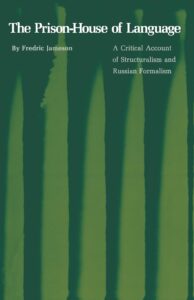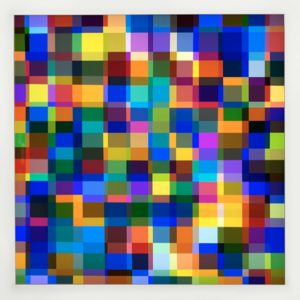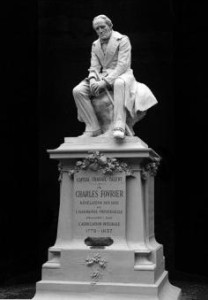Remarks on Jameson and Language
 The media, for once, are getting it right: with the announcement of Fredric Jameson’s passing on September 22, one often sees a likeable photo of an engaged, outer-directed, smiling and welcoming, if prodigious and awe-inspiring scholar and critic in early or late days of his notable life and career. There is something of the Peaceable Kingdom in the intellectual devotion and worldly accomplishments evoked: “For Fredric Jameson, Marxist Criticism Was a Labor of Love,” per The New York Times. While Critical Theory, in both nature and practice, accentuates the negative, Late Jameson presents a beneficent gaze that is rarely encountered—especially with Marxists. The Grand Narrative of Progress Toward a Better Life seems activated by his very presence, a moment of positivity restored at the moment of loss. … More
The media, for once, are getting it right: with the announcement of Fredric Jameson’s passing on September 22, one often sees a likeable photo of an engaged, outer-directed, smiling and welcoming, if prodigious and awe-inspiring scholar and critic in early or late days of his notable life and career. There is something of the Peaceable Kingdom in the intellectual devotion and worldly accomplishments evoked: “For Fredric Jameson, Marxist Criticism Was a Labor of Love,” per The New York Times. While Critical Theory, in both nature and practice, accentuates the negative, Late Jameson presents a beneficent gaze that is rarely encountered—especially with Marxists. The Grand Narrative of Progress Toward a Better Life seems activated by his very presence, a moment of positivity restored at the moment of loss. … More













